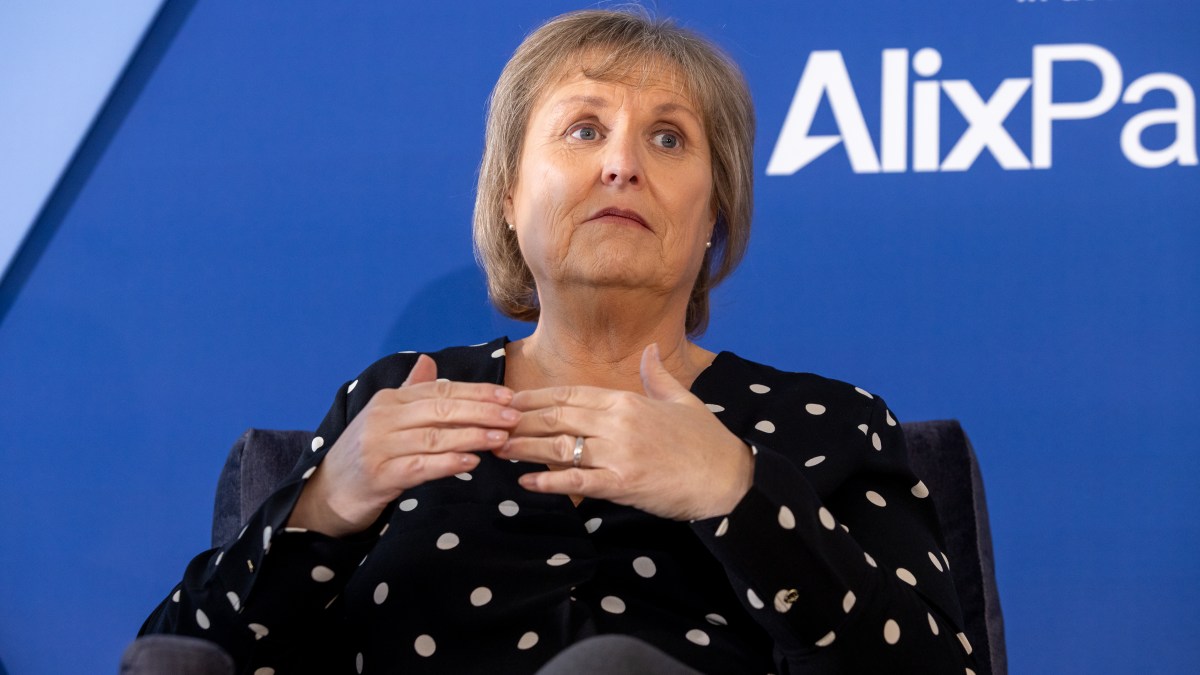
‘Young people aren’t inherently digital natives’
There’s a common assumption that because today’s young people grew up with smartphones and social media, they are inherently “digital natives”. But with technology evolving so rapidly, young people don’t always feel confident that they know what digital skills are, let alone how to use them in the changing landscape of work. Without clearly defined terminology across digital skills, training and jobs, young people’s ability to understand and engage with these opportunities are hindered.
Research by the King’s Trust, formerly the Prince’s Trust, shows that 37 per cent of young people in the UK are worried they don’t have the digital skills they need to get a good job, while 41 per cent say they don’t feel confident making choices about what skills they need to develop their future career. At the same time, access to technology remains uneven and is often dictated by socioeconomic background.
This lack of digital fluency and confidence isn’t a minor inconvenience — it’s a fundamental barrier to social mobility. The issue isn’t unique to the UK but a global challenge that transcends borders, economies and education systems. Young people from low-income communities around the world report issues with lack of access to devices, teaching resources within schools and funds to access courses after they leave school. These challenges are especially pertinent in rural communities in countries such as Kenya and Nigeria, where access to digital devices may be limited.
• Social mobility’s economic benefits are ‘too great to ignore’
The solution is not to be found in any one sector — it requires collective responsibility. We must foster stronger partnerships between government, educators, non-profit groups, grassroots organisations and businesses. When aligned, these partnerships can provide young people with the tools, training and mentorship they need to enter the workforce and thrive.
Through the work of the King’s Trust I’ve seen time and again how collaborative approaches can transform young people’s confidence and help them to develop skills that set them up to succeed in the jobs of the future. For example, here in the UK, partnerships with tech companies such as Apple deliver programmes to underserved communities. By leveraging Apple technology and learning resources our partnership empowers young people in schools, colleges and pupil referral units — specialised schools for students who are unable to attend mainstream education — around the UK to channel their creativity and learn digital skills, including coding and app design. Targeted delivery ensures this support can be accessed by the young people most in need, working with the trust’s networks in the most deprived areas of the UK.
• Apprenticeships prove their worth in bottom line
Similar programmes are also delivered across the world in partnership with local partners and funders who understand the needs of young people in their specific geographies. For the past ten years we’ve been scaling our efforts beyond the UK, delivering targeted skills-development programmes in countries including India, Malaysia, Canada, Australia and Malta. Funders such as HSBC are investing in young people’s digital literacy, building skills in data analytics, cybersecurity and coding. Together we are working to ensure that young people everywhere are equipped with the skills they need to succeed.
As we enter what many call the fourth industrial revolution — the term for the fusion of technologies such as AI, robotics and biotechnology that blur traditional lines between the physical and digital worlds — stakes are only getting higher. The technologies emerging today carry extraordinary promise: they could help to cure diseases, combat climate change and reimagine food production. But the benefits of this future must surely be accessible to all.
• Is the tech sector losing its lustre?
True democratisation of opportunity requires more than access to broadband and laptops: it requires a deep investment in the next generation of young people. We must prioritise digital education and skills training as a core component of our social and economic infrastructure. If we are to build a future where innovation drives inclusive growth, where every young person has the chance to contribute and succeed, then working in partnership to equip them with digital skills is the only way forward.
Alison Brittain is chairwoman of the King’s Trust Group. She also chairs the Premier League and is a former chief executive of Whitbread

